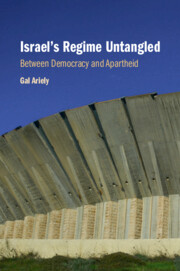In the middle of the twentieth century, many Egyptians welcomed the arrival of Coca-Cola.Yet the Egyptian embrace of Coke drastically declined when, in April 1966, the firm consented to the opening of a bottling franchise in Israel. This article explores the de-coca-colonization of post-independence Egypt. The Coca-Cola Company's reluctance to revoke its commercial extension into Israel obliged the Egyptian government to reject the multinational corporation's discourse of development, view Coke as a political threat, vote in favour of an Arab League boycott, and ultimately close its borders to Coca-Cola. By doing so, the Cairo government did not reject either cultural globalization or economic modernization, nor was it disconnected from the global flow of capital, people, ideas, and goods, but it chose to concentrate its support on one of these processes: decolonization.
